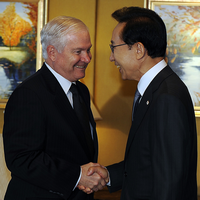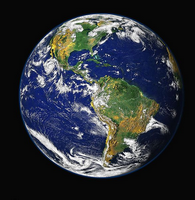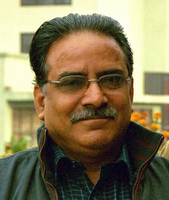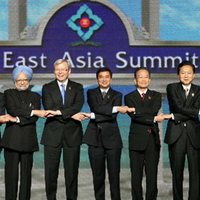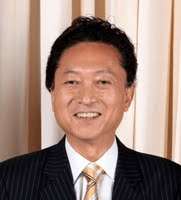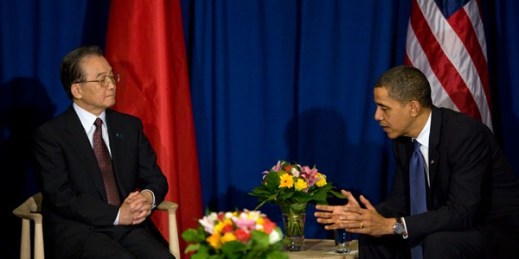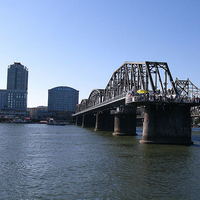
BEIJING — The sinking of the South Korean corvette Cheonan has lent further weight to the argument that Washington’s current North Korea strategy is having little success in controlling the errant communist state. President Barack Obama’s recent National Security Strategy was surprisingly vague on the issue, and the predictable U.S.-South Korean displays of naval strength in the aftermath of the sinking suggest no imminent policy reorientation from the White House. This continued faith in a strategy that has shown no tangible results — described by one analyst as the “definition of insanity” — has been further challenged by recent indications […]


